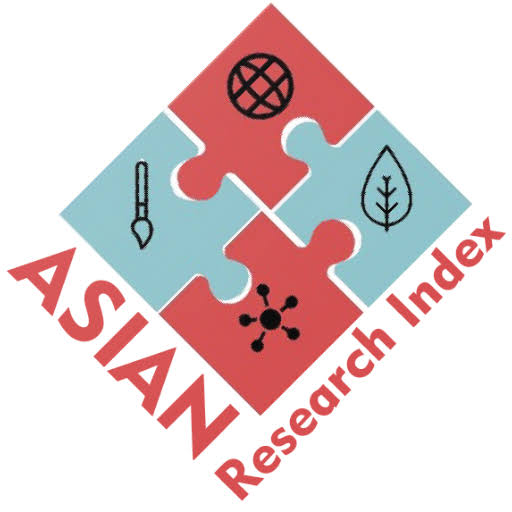The Impact of Artificial Intelligence on Future Warfare and Its Implications for International Security
Keywords:
AI, Warfare, International security, Globalization, peace, TechnologyAbstract
The rise of artificial intelligence (AI) has been a game-changer in many fields, including national defense and global stability. In order to shed light on the consequences for international security in the twenty-first century, this academic investigation probes the complex intersections of artificial intelligence and future conflict. In the quest for strategic advantage, operational efficiency, and technological dominance, defense organizations worldwide have made integrating AI into military applications a top priority. AI is changing the game regarding strategy and conventional warfare by allowing complicated activities to be automated, autonomously decided upon, and analyzed using predictive analytics. The research seeks to offer significant insights into the changing world of international security and the effects of AI proliferation on world peace and stability by analyzing new trends, problems, and opportunities. Among the critical issues the study raised are: How will AI change established strategies and doctrines? What are the legal and ethical concerns with autonomous weapon systems? How will cyberwarfare enabled by AI affect the escalation of conflicts and global stability? In this age of lightning-fast technological advancement, the research aims to help with strategic planning and well-informed decision-making by answering these concerns. In addition, the report guides policymakers, military practitioners, and the international community at large regarding future courses and recommendations. Some of the suggestions made here include prioritizing international regulation and cooperation, creating systems of ethics and responsibility, funding R&D, and encouraging public participation and openness in military AI programs. Ultimately, incorporating AI into future conflicts poses opportunities and threats to global safety. The international community, including policymakers and military leaders, can work towards a future where artificial intelligence (AI) promotes peace and stability instead of escalating conflicts by ethically and responsibly navigating the opportunities and challenges of AI-driven warfare.






